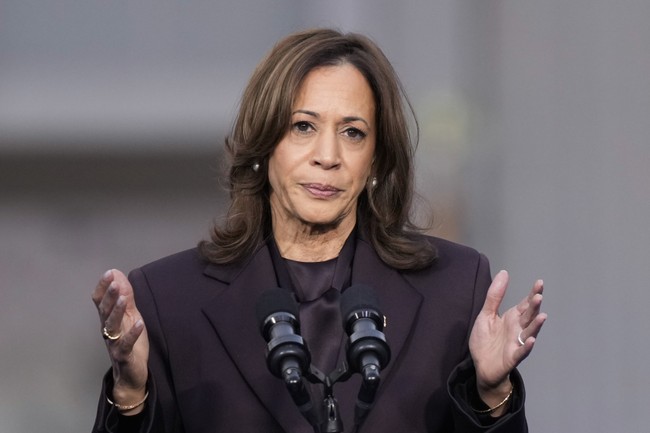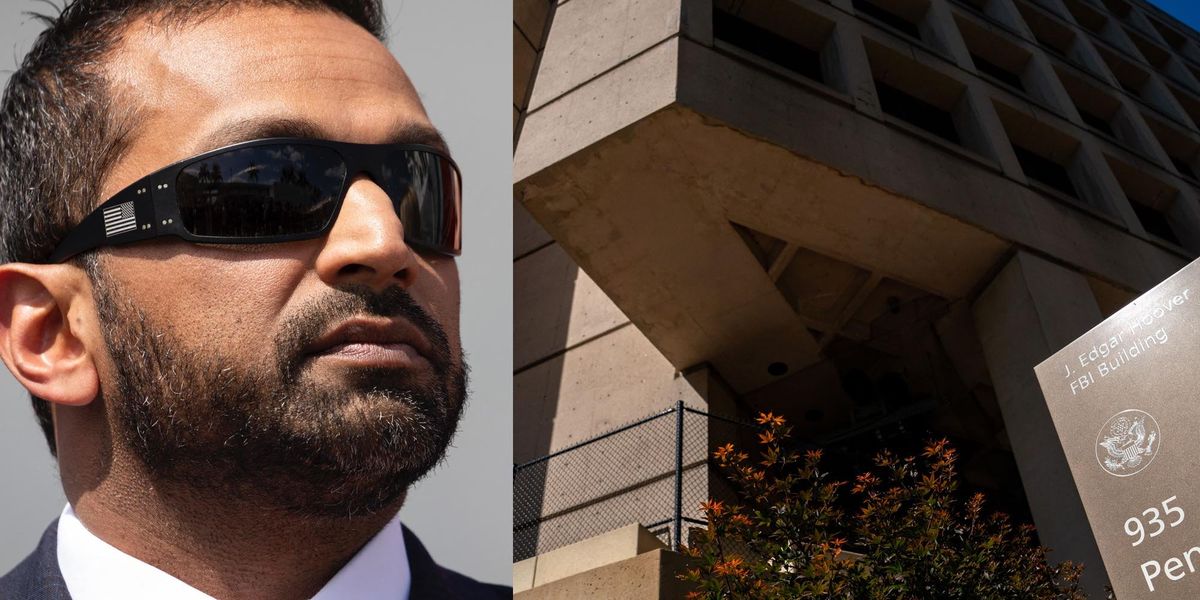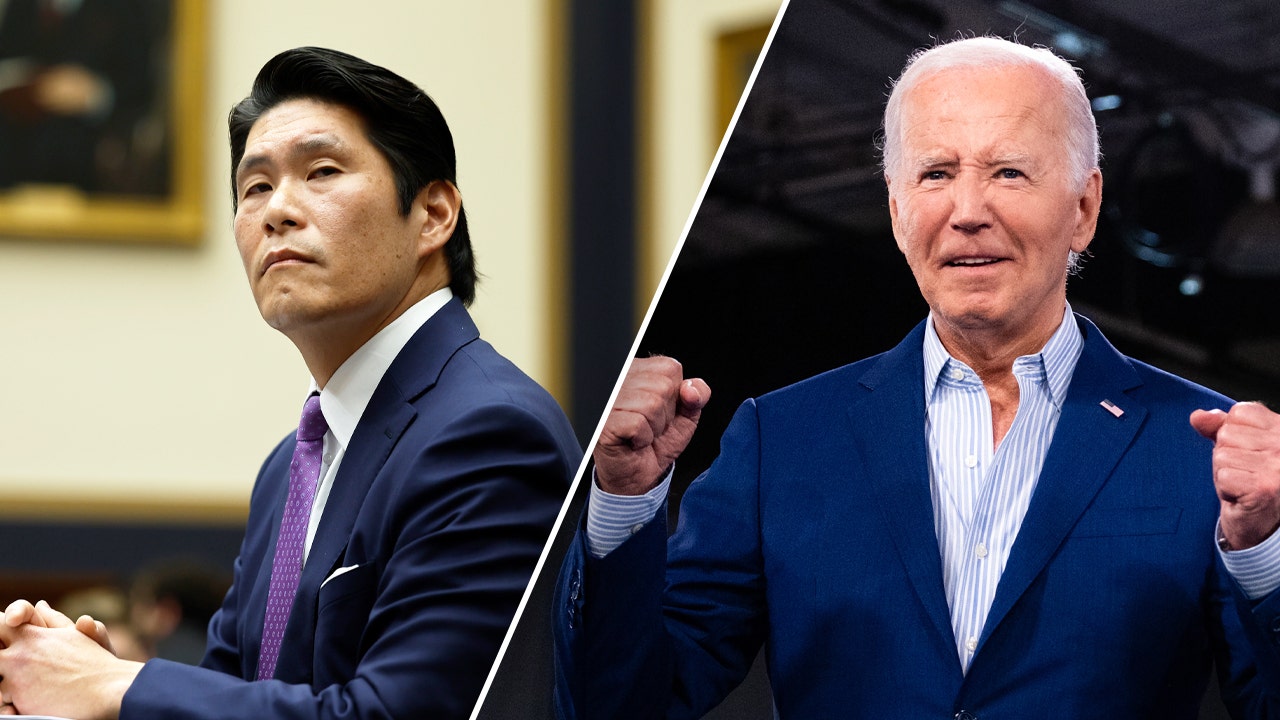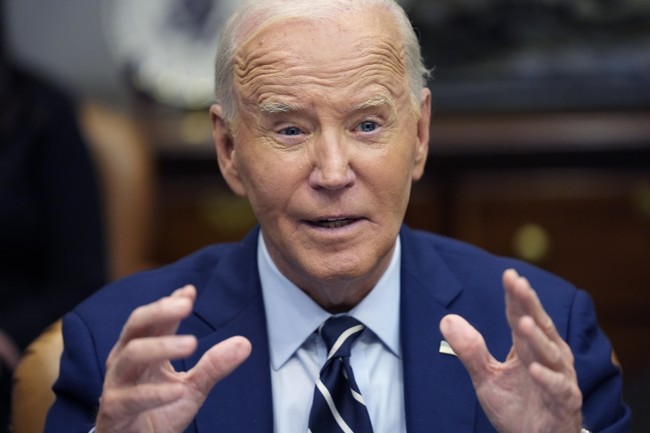The incoming Trump administration is planning to expand the power of the Commodity Futures Trading Commission (CFTC), with plans to grant the agency oversight over a large portion of the $3 trillion digital asset market.
This move, part of a broader effort by President-elect Donald Trump and the Republican majority in Congress, seeks to reduce the regulatory power of the Securities and Exchange Commission (SEC) over the digital asset industry.
JUST IN: The Trump administration is eyeing the CFTC to oversee digital asset regulation, per FOX. pic.twitter.com/9Ha5SBSq8o
— Cointelegraph (@Cointelegraph) November 26, 2024
Celebrate Trump’s Historic 2024 Victory with the Exclusive Trump 47th President Collection!
The CFTC, often referred to as the “little sister” of the SEC, is responsible for overseeing the $20 trillion U.S. derivatives market.
The agency’s jurisdiction covers the trading of futures, options, and physical commodities like gold, oil, and wheat. Unlike the SEC, the CFTC is often perceived as having a lighter regulatory touch, mainly due to the dominance of institutional players in the derivative markets.
With the growing influence of the cryptocurrency sector in Republican politics, there is now discussion around expanding the CFTC’s regulatory powers to include spot markets for digital assets such as Bitcoin and Ethereum, as well as the exchanges facilitating their trade.
Former CFTC Chairman Chris Giancarlo, a key figure in the push for expanded CFTC oversight, expressed confidence that the agency could begin regulating digital commodities immediately once Trump takes office.
Giancarlo, who served during Trump’s first term and is being considered for a role as “crypto czar” in the new administration, has long advocated for the CFTC to play a larger role in regulating digital coins.
“With adequate funding and under the right leadership, I think the CFTC could hit the ground running to begin regulating digital commodities on day one of Donald Trump’s presidency,” Giancarlo told Fox Business.
Currently, the SEC and CFTC both oversee different aspects of the digital asset market.
The SEC has taken a more aggressive stance under Gensler, cracking down on cryptocurrency companies and declaring that most digital assets, excluding Bitcoin, are securities.
However, the CFTC has long maintained that Bitcoin and certain other digital assets are commodities.
The CFTC is the rightful regulator.
Thank Trump for the coming crypto golden age.
https://t.co/Rzaw0AH98A
— Chad Steingraber (@ChadSteingraber) November 27, 2024
With the SEC’s approach facing growing backlash from the crypto industry, there is increasing support for the CFTC to take the lead in regulating digital commodities, providing clarity in an area that has lacked strong regulatory oversight.
Under the Trump administration’s proposed plan, the CFTC would oversee the spot markets for Bitcoin and Ethereum, which make up approximately 70% of the global cryptocurrency market.
TRUMP: “If #Bitcoin is going to the moon, as we say it’s going to the moon, I want America to be the nation that leads the way.” pic.twitter.com/2gIsxOZYXY
— Cointelegraph (@Cointelegraph) November 24, 2024
This move is seen as a way to provide regulatory clarity for crypto companies and investors. The proposal would also grant the CFTC the power to regulate the exchanges on which these digital assets are traded.
This could significantly improve the transparency and security of the crypto market, benefiting both businesses and consumers.
The SEC, under Gary Gensler, has pursued a strict enforcement approach, launching a multi-year crackdown on the cryptocurrency industry, leading to increased frustration within the sector.
Gensler’s stance has made him unpopular among the crypto community, which sees the CFTC as a more favorable regulator.
However, the SEC is still seen as a key player in the regulation of the broader financial markets, and its future role under the Trump administration remains uncertain.
Giancarlo’s proposal aligns with the interests of the crypto industry, which is eager for clearer rules and less regulatory uncertainty.
While some traditional CFTC constituencies have expressed concerns that the agency’s expanded role could spill over into the regulation of physical commodities like oil or grain, Giancarlo believes those concerns can be addressed through carefully crafted legislation.
The idea of increasing the CFTC’s power over digital assets also comes as the SEC has faced criticism for its handling of the crypto market.
BREAKING: Trump to hand over control of $BTC and $ETH to CFTC instead of SEC pic.twitter.com/2JCb3PL5Ta
— Web3_Vibes (@W3Vibes) November 27, 2024
Under Gensler’s leadership, the SEC’s approach to crypto has been marked by an aggressive stance, including numerous enforcement actions against crypto firms.
These actions, coupled with the uncertainty surrounding regulatory frameworks, have led many in the industry to call for a clearer, more predictable regulatory environment.
As part of the broader effort to reshape the regulatory landscape for digital assets, Trump’s plan also aims to overhaul the SEC. “There’s a lot of work to be done at the SEC,” Giancarlo stated.
“Many of its top talent has left the building, so we need to get it functioning again and refocus its mission to a pro-innovation agenda.”
The focus on innovation and deregulation reflects the Trump administration’s broader economic agenda, which prioritizes reducing bureaucratic interference and fostering the growth of emerging industries like cryptocurrency.
The push for CFTC oversight of digital assets, along with potential changes at the SEC, marks a significant shift in the regulatory approach to the crypto sector, one that aligns with Trump’s goal of supporting technological innovation while ensuring the protection of consumers and markets.
As Trump prepares to take office in January, it remains to be seen how quickly the proposed changes will take effect and how they will be implemented.
President Trump is assembling an army to fight for bitcoin. pic.twitter.com/gPAReUHS4V
— Senator Cynthia Lummis (@SenLummis) November 27, 2024
For now, the focus is on creating a more favorable environment for the growth of the digital asset industry while maintaining the necessary regulatory safeguards to protect investors and the financial system.
The opinions expressed by contributors and/or content partners are their own and do not necessarily reflect the views of LifeZette. Contact us for guidelines on submitting your own commentary.
Read the full article here


![Trump’s Plan For CFTC Oversight [WATCH] Trump’s Plan For CFTC Oversight [WATCH]](https://www.lifezette.com/wp-content/uploads/2024/11/2024.11.27-02.19-lifezette-67472a75ba6f4.jpg)





![CNN’s Brian Stelter Accused of ‘Journalistic Corruption’ Over Jake Tapper Book Promotion [WATCH] CNN’s Brian Stelter Accused of ‘Journalistic Corruption’ Over Jake Tapper Book Promotion [WATCH]](https://www.lifezette.com/wp-content/uploads/2024/12/2024.12.21-02.02-lifezette-6766ca7885e83.jpg)
